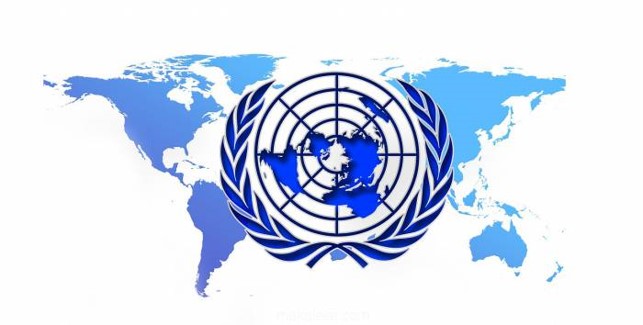Turkey’s aggressive foreign policy and troubled relations with its allies and partners appear to have undermined the participation of Turkish NGOs in the UN system.
The 2020 regular session of the Committee on Non-Governmental Organizations revealed that Turkish President Recep Tayyip Erdoğan’s foreign policy agenda, embellished with radical Islamist and ultranationalist tactics, shapes its humanitarian policies and undermines the participation of Turkish NGOs in the UN system.
According to recent UN press releases, the NGO committee deferred action on the applications of Turkish entities due to the diplomatic interventions from representatives of other member states. While the committee recommended 274 NGOs for special consultative status with the Economic and Social Council (ECOSOC), Habitat Derneği (Habitat Association) was the only Turkish NGO that was submitted to the ECOSOC for consultative status by the committee.
Moreover, the representative from Armenia accused the Turkish delegation of “stalling the process by asking unnecessary questions about a particular entity’s application” during the session held on January 27, 2020.
The committee, a standing body of the ECOSOC, is tasked with considering the applications of NGOs for consultative status with the UN and sends its evaluation to the ECOSOC, which can accept or decline a recommendation. It reports directly to the ECOSOC, and the two reports of its annual regular session at the end of January and resumed session in May include draft resolutions or decisions on matters calling for action by the council.

Nordic Monitor previously reported how how the applications by the Erdoğan-linked organizations such as the Ensar Foundation (Ensar Vakfi), caught up in a child sexual abuse scandal in 2016, the Turkey Diyanet Foundation (Türkiye Diyanet Vakfı, TDV) and the Union of NGOs of the Islamic World (İslam Dünyası Sivil Toplum Kuruluşları Birliği, UNIW) were deferred.
UN press releases underlined the fact that the committee also failed to recommend the Turkish Women’s Union (Türk Kadınlar Birliği Derneği), the Hydropolitics Association (Su Politikaları Derneği), the International Refugee Rights Association (Uluslararası Mülteci Hakları Derneği), the Social Wisdom Association (Sosyal Akıl Derneği) and the Alliance of International Doctors (Uluslararası Doktorlar Derneği) for special consultative status with the ECOSOC during its 2020 regular session.
During the session Greek diplomats requested further information on projects to be conducted by the Hydropolitics Association for the Middle East region and on the Turkish Women’s Union’s work with government on the issue of gender equality. The International Refugee Rights Association was asked by the representative of China for details on projects in Lebanon, Sudan and Syria, and the Nicaragua delegation sought an explanation as to why funding is not devoted to projects of the Social Wisdom Association.
Furthermore, the committee deferred action on the application by the Alliance of International Doctors as the representative of India reiterated a request for details on projects undertaken by this organization in India and a list of its partners.

According to ECOSOC Resolution 31 adopted in 1996, the NGO committee vets applications submitted by NGOs, recommending general, special or roster status on the basis of such criteria as the applicant’s mandate, governance and financial sources. Organizations enjoying general and special status can attend council meetings and issue statements, while those with general status can also speak during meetings and propose agenda items. Organizations with roster status can only attend meetings.
In addition to the ECOSOC, consultative status provides NGOs with access to its many subsidiary bodies, to the various human rights mechanisms of the United Nations and ad-hoc processes on small arms as well as special events organized by the president of the UN General Assembly. Currently, 4,045 NGOs enjoy consultative status with the ECOSOC.
The committee has 19 members who are elected on the basis of equitable geographical representation. For the 2019-2022 period, the members of the NGO committee are Bahrain, Brazil, Burundi, China, Cuba, Estonia, Eswatini (also known as Swaziland), Greece, India, Israel, Libya, Mexico, Nicaragua, Nigeria, Pakistan, Russian Federation, Sudan, Turkey and United States.












